IE9 gets closer to release with new version
The new release candidate of IE9 is here, but as yet there's no word on when the finished browser will be ready.
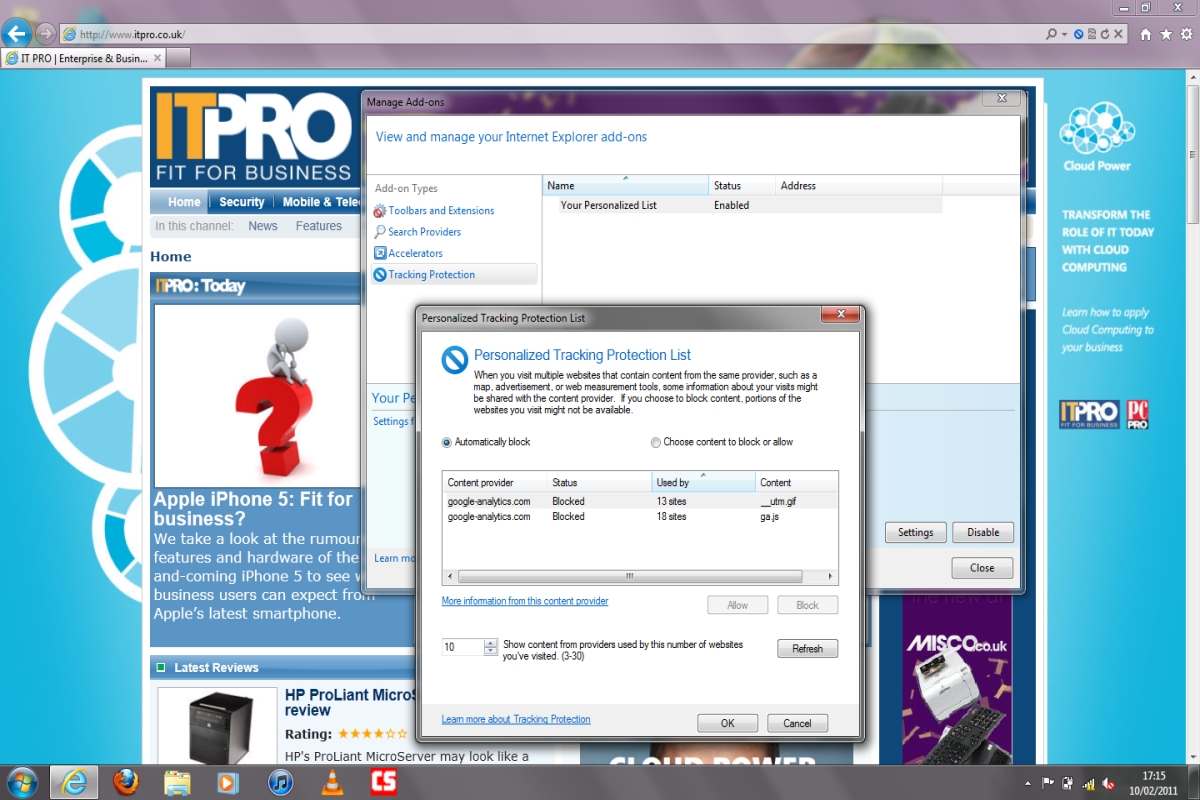
Internet Explorer 9, the latest version of Microsoft's web browser, is now one step closer to its final, finished form with the release candidate now available.
One new feature in this latest build of IE9 is Tracking Protection which should prevent advertising companies, as well as more unscrupulous characters, from tracking users and their surfing behaviour as they go from site to site.
Unfortunately, the interface isn't immediately obvious.
Users can subscribe to a list which automatically blocks trackers, or they can choose to block them on a case-by-case basis, but it's not clear exactly how this can be achieved.
There have also been tweaks to the user interface the tab bar which sits to the right of the location/search box by default can now be moved so it sits beneath the box. It's also possible to start searching for a web page immediately from the location box, instead of searching your history and bookmarks, by typing a question mark and then keywords.
The ability to pin websites to the Windows taskbar so they act more like locally installed programs has also been tweaked. For sites that support it, users can now adjust various options such as their appearance or which options appear in the site's taskbar jump list. This can be done from a settings dialogue box or a setup wizard the first time you run the site after pinning.
Microsoft claims to have boosted JavaScript performance even further and graphics hardware acceleration is now only enabled for sites that can take advantage of it. Support for additional HTML5 features, such as finding your location based on your IP address, has also been added although this geolocation feature didn't work on our wireless network.
Get the ITPro daily newsletter
Sign up today and you will receive a free copy of our Future Focus 2025 report - the leading guidance on AI, cybersecurity and other IT challenges as per 700+ senior executives
Due to the improved security features in Vista and Windows 7 required by IE9, the new browser won't be available for Windows XP users. Microsoft's advice is for XP users to stick with IE8, which won't be discontinued.
This release candidate should be the last build before the finished version is released, but Microsoft representatives were unwilling to commit to a release date.
-
 Should AI PCs be part of your next hardware refresh?
Should AI PCs be part of your next hardware refresh?AI PCs are fast becoming a business staple and a surefire way to future-proof your business
By Bobby Hellard Published
-
 Westcon-Comstor and Vectra AI launch brace of new channel initiatives
Westcon-Comstor and Vectra AI launch brace of new channel initiativesNews Westcon-Comstor and Vectra AI have announced the launch of two new channel growth initiatives focused on the managed security service provider (MSSP) space and AWS Marketplace.
By Daniel Todd Published
-
 Building an AJAX-based CRUD app in Flask
Building an AJAX-based CRUD app in FlaskTutorials How to put the finishing touches on a basic web application
By Danny Bradbury Published
-
 Tech giants rally to keep Mozilla's dev bible alive
Tech giants rally to keep Mozilla's dev bible aliveNews Open Web Docs injects $500,000 into the web-development handbook used by engineers across the industry
By Keumars Afifi-Sabet Published
-
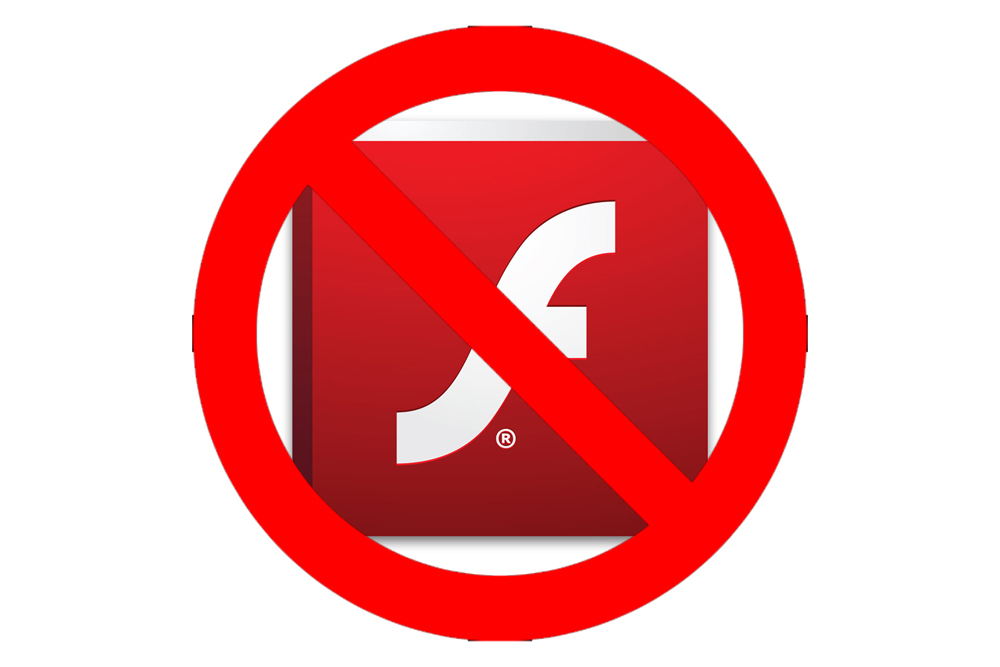 Google Chrome finally axes Flash - for good
Google Chrome finally axes Flash - for goodNews Chrome to start blocking 90 per cent of Flash content by default
By Adam Shepherd Published
-
 Google to dump Flash in ads from June
Google to dump Flash in ads from JuneNews Security gaffe prone technology to disappear by the summer
By Rene Millman Published
-
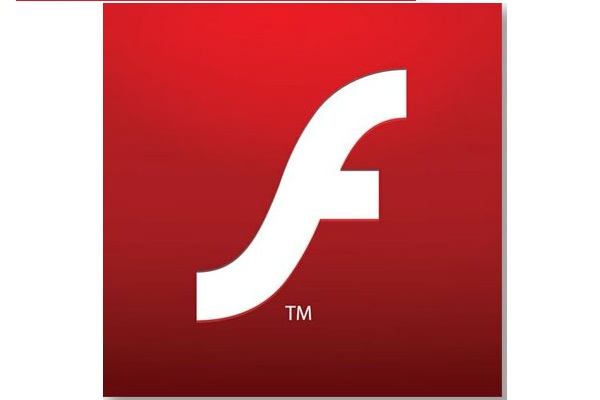 Google to automatically convert Flash web ads to HTML5
Google to automatically convert Flash web ads to HTML5News Flash adverts will soon be automatically converted to HTML5, to make mobile advert experience smoother
By Caroline Preece Published
-
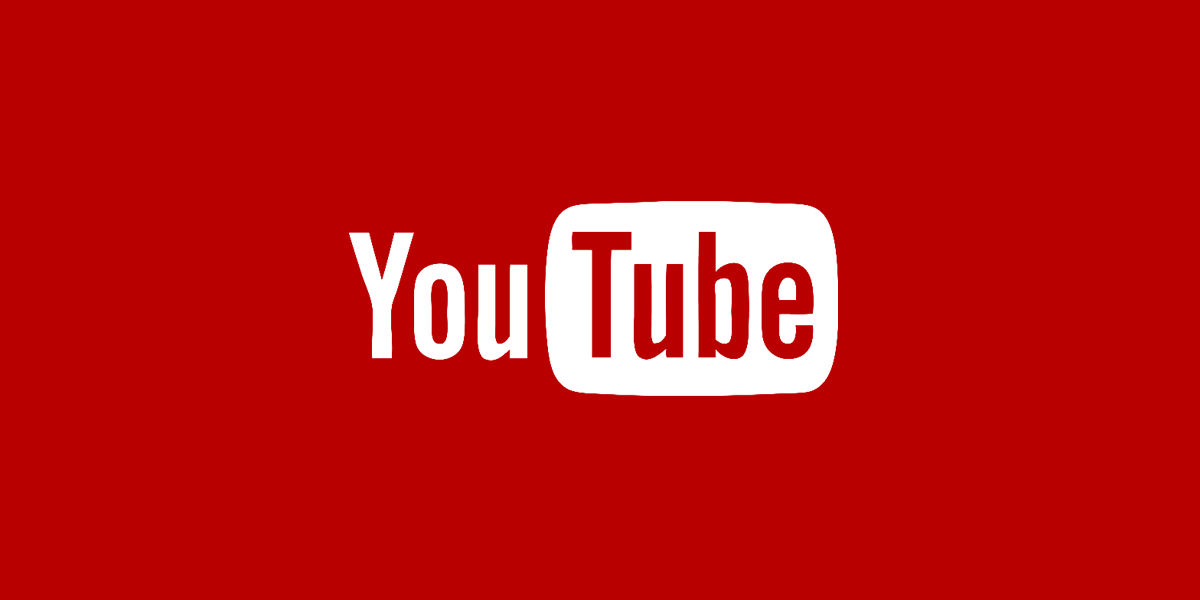 YouTube now uses HTML5 by default
YouTube now uses HTML5 by defaultNews Adobe Flash continues to get phased out
By Khidr Suleman Published
-
 Adobe takes the wraps off new website developer tools
Adobe takes the wraps off new website developer toolsNews Software firm launches free tools for HTML5 and JavaScript developers.
By Lindsay Vormack Published
-
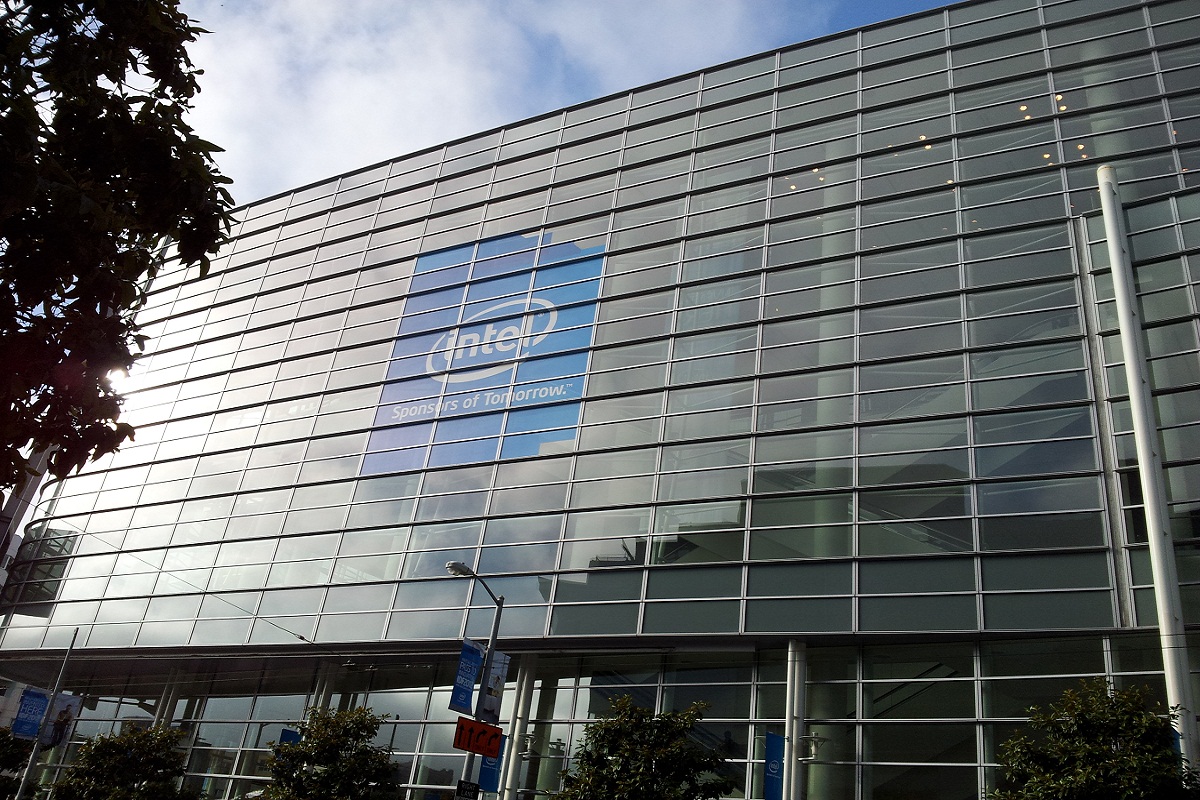 IDF 2012: HTML5 is overrated but is still the future, says Intel SVP
IDF 2012: HTML5 is overrated but is still the future, says Intel SVPNews Intel committed to making sure that HTML5 remains open and cross platform.
By Khidr Suleman Published